Howard Webb successfully implemented video technology in Major League Soccer and believes there will be a “huge net benefit” from its introduction in the Premier League.
Video assistant referees were finally brought into the top level of English football at the start of the 2019-20 season after nearly three years of training and live testing.
Stockley Park has been busy in the opening three game weeks, but debate has yet to be overtaken by outrage and Neil Swarbrick, the VAR Hub Command at the PGMOL, believes it has got off to a positive start.
Those sentiments were echoed by fellow former Premier League referee Webb, who is watching from afar having moved to the United States to become the Professional Referee Organization’s manager of video assistant referee operations in March 2017.
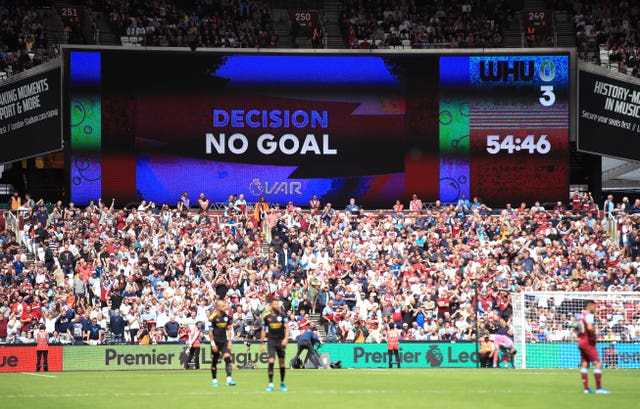
“I think we’re all kind of traditional, aren’t we, in our thoughts about the game,” the 2010 World Cup final referee told the PA news agency.
“Probably because you fall in love with it when you’re a kid and you’ve got fond memories of your childhood and your times watching the games that you go to.
“That passion grows around the sport that you know, so change is sometimes difficult to accept.
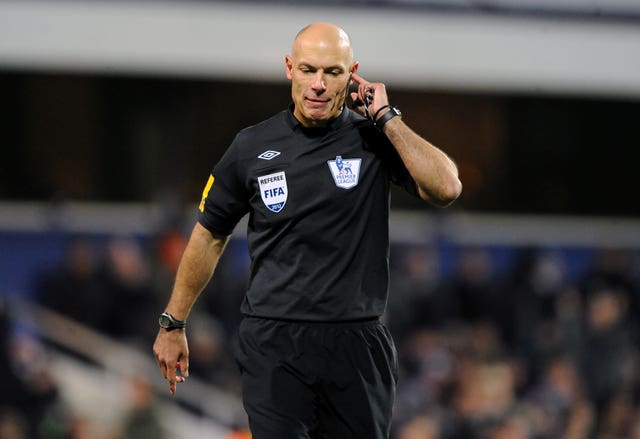
“But I think overall there’s a huge net benefit from VAR. For the officials, for the game as a whole.
“When a goal is scored, you know it’s going to get checked, you know if it’s one that involves an offence by the attacking team, therefore it shouldn’t stand, almost certainly it’s going to be ruled out.
“I think as long as it is done in a way that does stay true to the basic principles as to why it was brought in, let’s deal with the clear errors.
“One of the issues around that is the offside, about what’s a clear error in offside. Is an inch a clear error if somebody’s offside?
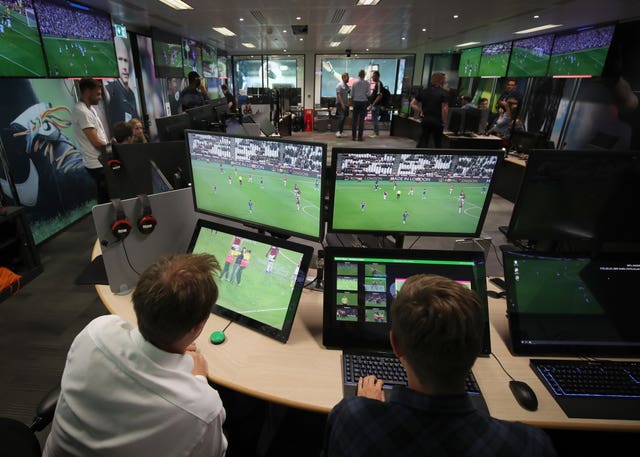
“Well, it is because it’s offside at the end of the day, so the game has to decide do they want VAR to deal with such close margins, or would they rather step back a little bit from those really close calls that are only identified through technology and go back to a person looking at the footage, a VAR making a human judgement about whether it’s offside or not?
“That’s maybe the way the game will want to go long term. It’s the way it works here. It works pretty well here.”
Those decisions have been a talking point in the embryonic stages of VAR in the Premier League, where, unlike MLS, they use offside line technology and try to avoid pitchside monitors.
“We use the pitchside monitor extensively, so every time there’s a video review recommended by the VAR, the referee will go to the screen regardless of the type of situation,” Webb, now general manager of PRO, said.
“We do that for a number of reasons. One is that the referee has the chance to make a final decision on all situations, but also it helps the stadium audience follow the narrative that’s unfolding in front of them.
“Rather than just a change to a call based on some information over an earpiece, the referee is looking at the screen, everybody realises what’s happening because there’s something very obvious taking place.
“It gives everybody a chance to catch up. It doesn’t take that long; it only happens once every three games on average and then the referee makes a final call.
“On the factual situations, in other leagues they will tend to do it by information being passed through the earpiece and without need to go to the screen.
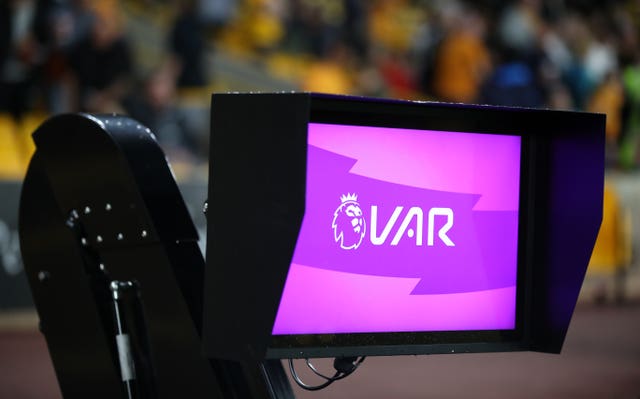
“We did that at first here, we thought it was efficient to do it, but the feedback we got from our fans is that actually we like to see the referee go to the screen and make the final call.”
Webb says implementation of VAR in MLS was smooth on the whole. North American sport fans are used to video replays, while there have been gradual improvements in terms of consistency and efficiency as MLS enters its third season using video technology.
Webb expects more tweaks over the years and believes things have started positively in the Premier League.
“I think it has been successful, from what I’ve seen,” Webb said. “I think the outcomes have, by and large, been correct.
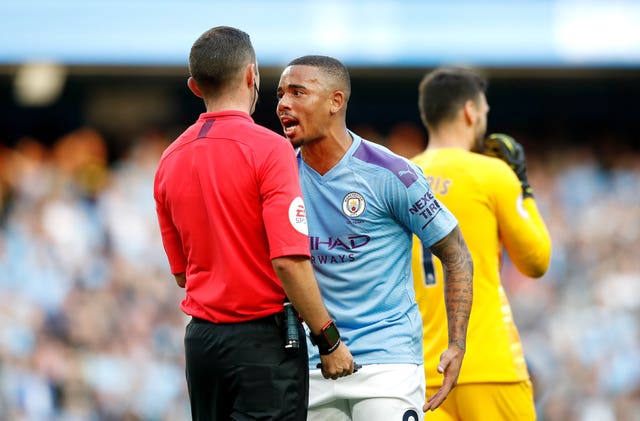
“I am confident over the long term that people will get used to it, there will be less conversation about it.
“Here in MLS, there’s hardly any conversation about VAR any more than there is about any other aspect of the game.
“It’s part and parcel of the game, they know it’s there in every game, checking everything.
“Yes, sometimes it becomes a talking point when there’s a situation that’s in that subjective zone, close to that high threshold of intervention.
“But that will probably continue forever, so it’s just something that people get used to.”
/https%3A%2F%2Fsportsmole-media-prod.s3.gra.io.cloud.ovh.net%2F18%2F49%2Fhoward-webb.jpg)
/https%3A%2F%2Fsportsmole-media-prod.s3.gra.io.cloud.ovh.net%2Fuploads%2F2025%2F10%2Fimago1067363691-1-68f5dcb9a1029600975740.jpg)
/https%3A%2F%2Fsportsmole-media-prod.s3.gra.io.cloud.ovh.net%2Fuploads%2F2025%2F11%2Fgone-wrong-6924efd0d0c99363069087.jpg)
/https%3A%2F%2Fsportsmole-media-prod.s3.gra.io.cloud.ovh.net%2Fuploads%2F2025%2F11%2Fslot-klopp-6927b5566b7bb480517677.jpg)
/https%3A%2F%2Fsportsmole-media-prod.s3.gra.io.cloud.ovh.net%2Fuploads%2F2025%2F09%2Fcole-palmer-2-68cf33c421e4d995560622.jpg)